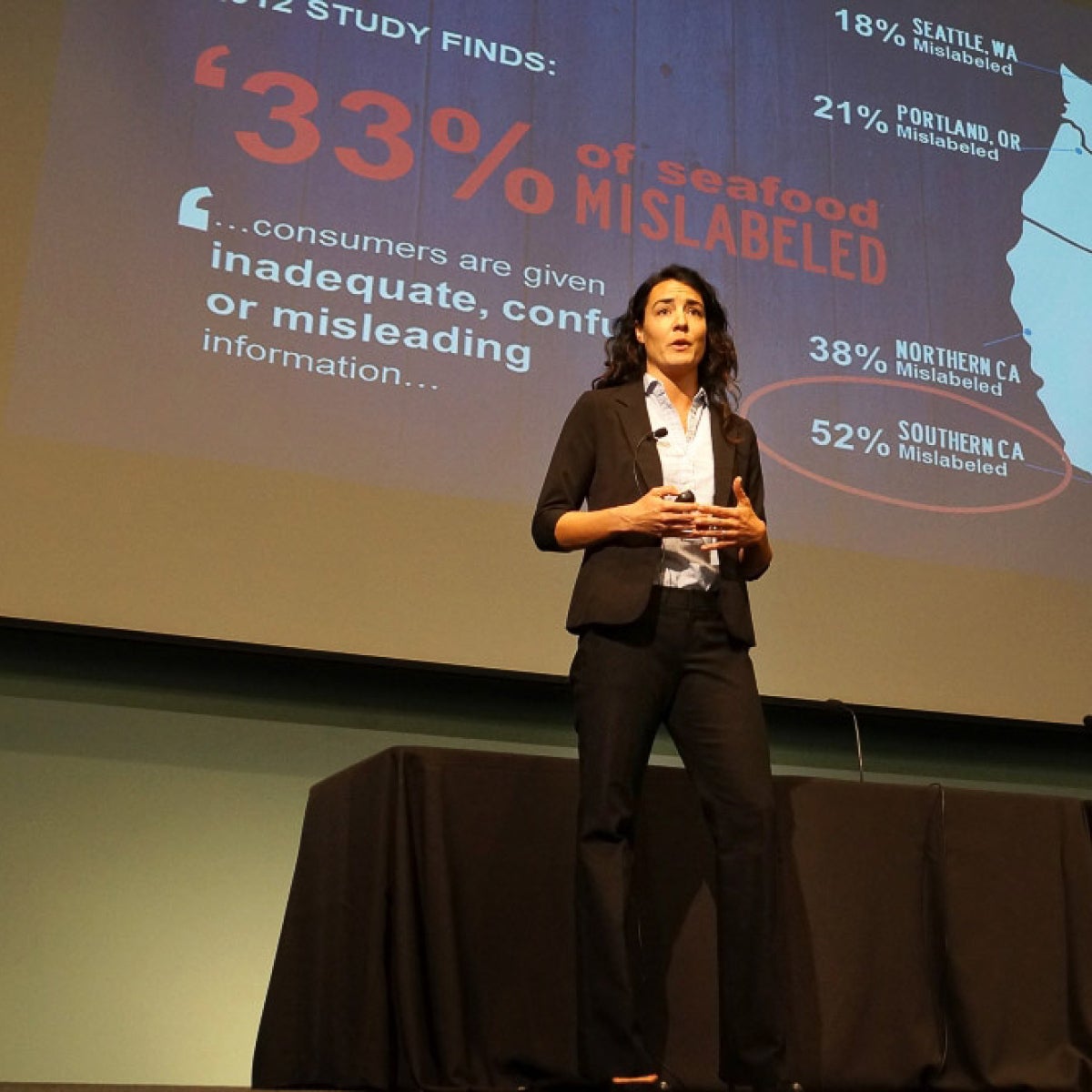< Back to MESM Program Overview
Course list Specializations Focus Areas
The Bren School Master of Environmental Science and Management (MESM) degree program is rigorous as it prepares students to enter the workforce and succeed in their careers. The 2-year MESM program provides fundamental knowledge, language, techniques, and methodologies for environmental problem-solving, while students develop analytical skills and adaptability needed to succeed in the professional world. This program is offered on-campus only.
Academic Requirements (76 total units):
- 9 core courses (26 units) to develop breadth
- Elective courses in a specialization (36 units) to develop depth
- Master’s Group Project or Eco-Entrepreneurship Project (14 units) to develop professional problem-solving skills
Optional:
- Elective courses in a second specialization
- Elective courses in Environmental Innovation and Entrepreneurship focus
- Elective courses in Strategic Environmental Communication and Media focus

Core Curriculum (Required)
The MESM core curriculum is multidisciplinary and emphasizes quantitative and analytical skills, problem-solving, and adaptability. Our objective is to educate students to interpret, design, communicate, and implement policy and management solutions. MESM students normally complete core courses during their first year of study; courses are designed to accommodate varying levels of knowledge. All core courses are offered every year.
- ESM 201 Ecology of Managed Ecosystems, 3 units
- ESM 202 Environmental Biogeochemistry, 3 units
- ESM 203 Earth System Science, 3 units
- ESM 204 Economics of Environmental Management, 3 units
- ESM 205 Environmental Justice, 2 units
- ESM 206 Statistics and Data Analysis, 4 units
- ESM 207 Environmental Law and Policy, 3 units
- ESM 208 Environmental Politics and Policy, 2 units
- ESM 210 Business and Sustainability, 3 units
Specializations (1 Required)
MESM students are required to complete a minimum of 36 units of electives in a primary specialization to build depth of knowledge in a particular area and develop technical skills. Students choose specializations during Winter Quarter of their first year. Guided by faculty, students prepare a customized Program of Study to match their individual interests and needs. Students are not limited to ESM courses and are encouraged to consider courses from other UCSB graduate departments. One specialization is required; students can choose more than one specialization.
Take a closer look at the MESM specializations:
Learn more about the skills you'll learn and apply, gain inspiration for summer internship opportunities and career plans, and view a detailed course curriculum for each specialization.
Focus Areas (Optional)
Build extra valuable skills and enhance your portfolio for the job market with an optional Focus Area. Many students choose an additional academic focus to supplement their academic experience. Students who pursue a focus complete additional courses to build professional skills in the focus area. Focus Areas are not formal requirements or certificates; they are optional elective courses in the MESM degree program.

Innovation Focus Area
To be an effective agent of environmental change, you need to build a compelling case for your ideas. Learn how to bring together science, policy, systems thinking and human context to transform your ideas into an innovation that solves real problems and creates meaningful value. Develop agile thinking, complex problem solving skills, and presentation expertise to advance your career in corporate sustainability, nonprofit management, public sector leadership, or social and environmental entrepreneurship.

Communication Focus Area
Your science-based solutions are only as effective as your ability to communicate them to the right audiences. Learn the importance of storytelling, strategic outreach, writing, and audience research. Build skills in video production, writing, presenting, social media, grassroots organizing, data visualization, and more. Work with clients on real projects, such as short films, interactive games, community outreach strategies, and school curricula.
Master's Projects (Required)
As a cornerstone of the master’s program in Environmental Science and Management, students work in teams to plan, develop, and deliver a solution to an environmental problem for a client, building a professional portfolio to launch the student’s future career. Every MESM student is required to complete a master’s project (14 units) and may choose between either a Master’s Group Project or an Eco-Entrepreneurship (Eco-E) Project. Master’s projects begin in Spring of the first year and are completed in Spring of the second year.
Master’s Group Projects bring together teams of 4-5 students to solve an environmental problem for a client such as a business, public agency, or non-profit organization. Clients frequently report the high value of student projects to advance their sustainability and management goals.
Eco-Entrepreneurship (Eco-E) Projects bring together teams of 3-5 students to develop a business model for a new product or service that addresses an environmental problem. Eco-E graduates have successfully launched their projects as new ventures.
Planning Your Start Date
The MESM program is a 2-year program. Instruction begins in Fall Quarter (typically late September) through Spring Quarter of the second year (early June). There is no instruction during Summer Quarter between years one and two; we encourage and help students complete a summer internship during that quarter.
UCSB Academic Calendar for Summer 2024
UCSB Academic Calendar for Fall 2024 through Summer 2025

Are you ready to solve environmental problems?
Request more information, get to know the Bren School, and start planning your application today.